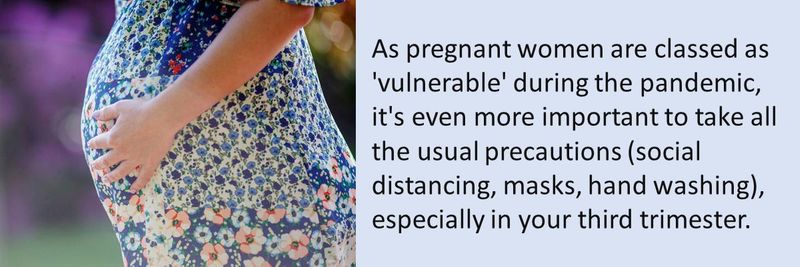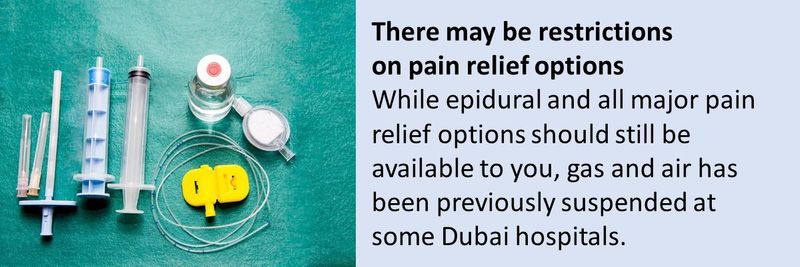1 of 22
2 of 22

3 of 22
4 of 22
5 of 22
6 of 22
7 of 22
8 of 22
9 of 22
10 of 22
11 of 22
12 of 22
13 of 22
14 of 22
15 of 22
16 of 22

17 of 22
18 of 22
19 of 22
20 of 22
21 of 22
22 of 22








